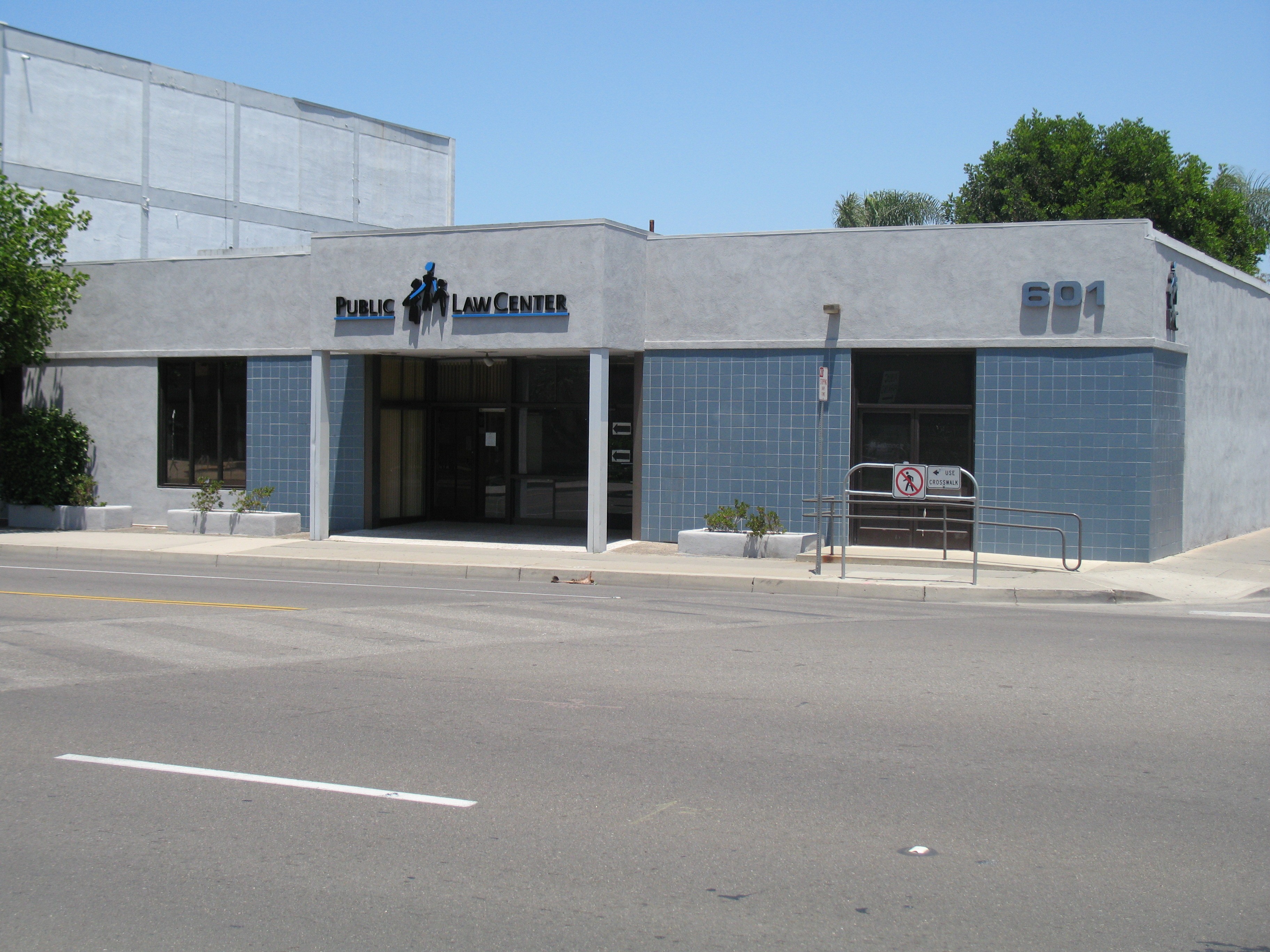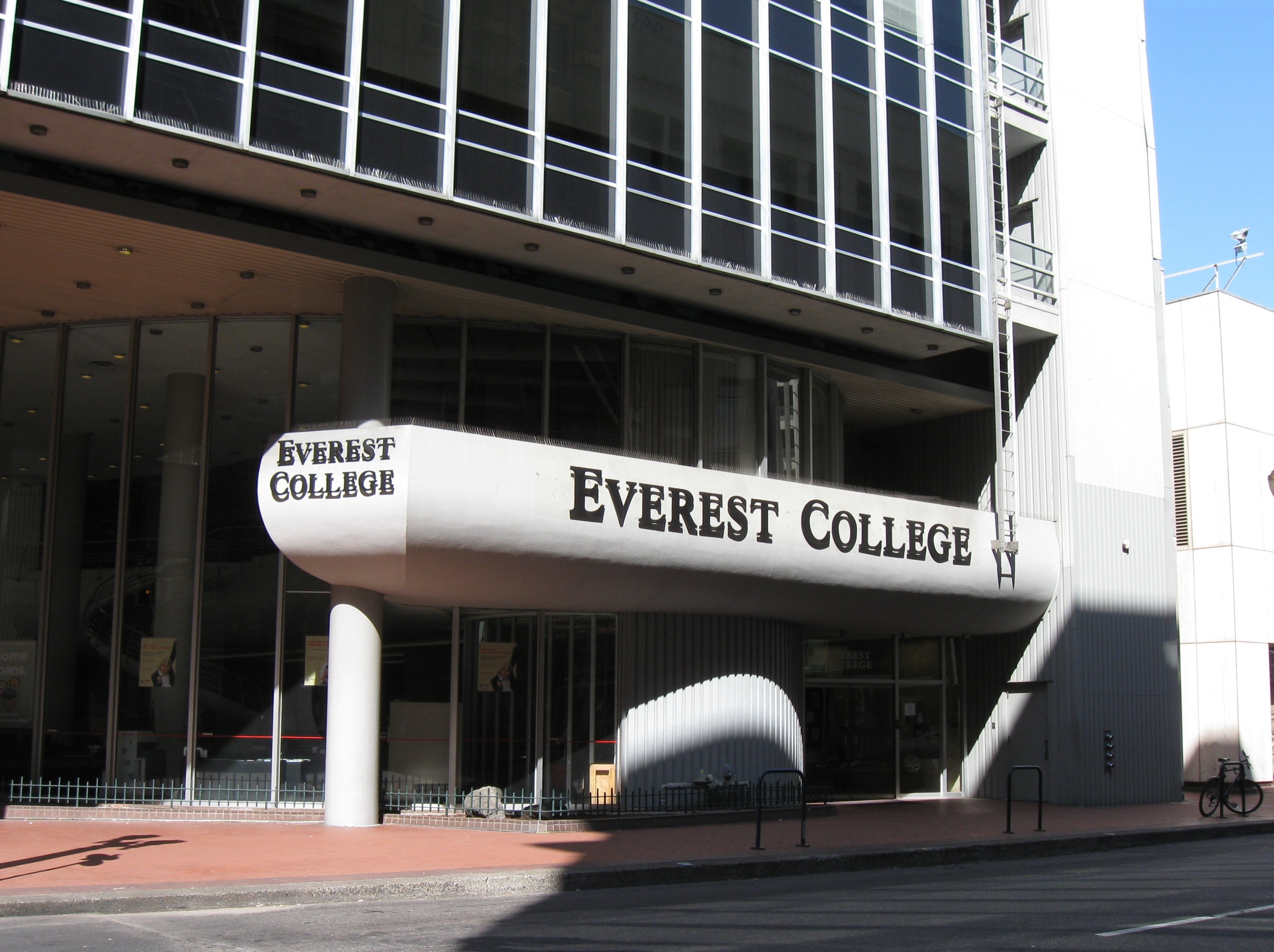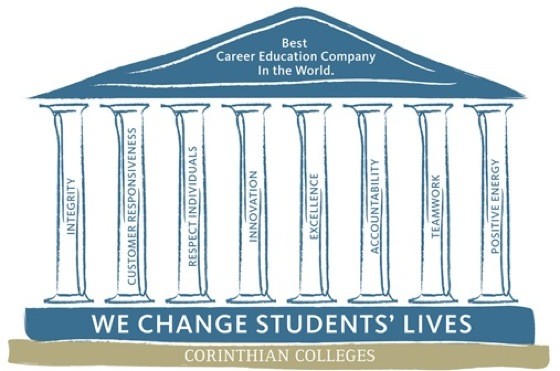 You know the commercials, the ones advertising for-profit schools that promise to get you a great career in six months or less. Or the ones with catchy jingles about college followed by a number to dial to speak to a representative on how to enroll. They all make you wonder: when did higher education become such a sleazy business?
You know the commercials, the ones advertising for-profit schools that promise to get you a great career in six months or less. Or the ones with catchy jingles about college followed by a number to dial to speak to a representative on how to enroll. They all make you wonder: when did higher education become such a sleazy business?
Luckily, the U.S. Education Department continues to crack down on for-profit schools for misleading students with false job-placement rates and poor quality vocational programs. Just yesterday, ITT Tech shut down all of its nationwide campuses after the feds banned the operator from enrolling new students who use federal financial aid. But their crackdowns may be too much, too little, too late for some graduates of such for-profit schools, or students who currently find themselves enrolled in one and accumulating debt.
"After the foreclosure crisis, the student loan crisis is the next big thing." says Leigh E. Ferrin, Directing Attorney for Consumer Law and Operation Veterans Re-Entry at the Public Law Center (PLC) in SanTana, a 501(c)(3) nonprofit providing free legal services to low-income residents and other nonprofits in Orange County since 1989. Ferrin and her fellow volunteers specifically offer free legal aid to low-income students struggling with heavy student debt accrued while attaining nearly worthless degrees and certificates from for-profit learning institutions.
Coincidentally, Ferrin's office is located right across the street from what once was Everest College of Santa Ana—a for-profit college owned by the Corinthian Colleges Inc. chain, which folded after being fined $30 million for misleading students and falsifying job placement rates.
"They were still advertising [for enrollment] up until a few days before they closed." Ferrin says with a tone of frustration. Volunteers at the PLC would place flyers promoting PLC's free legal services for students with debt right next to Everest College flyers advertising enrollment to the doomed school. Ferrin says most of the PLC's student clients were enrolled or graduated from the Everest College in SanTana, Anaheim, and campuses throughout the Inland Empire. Students from the now-inoperative, WyoTech in Long Beach, and some Marinello cosmetology schools, have also sought legal help from the PLC.
"I don't think that everyone realizes students loans are a legal problem," says Ferrin, "I think they feel like, 'Oh I just can't pay it,'…well, that's a legal problem and there's something we can do to help." PLC 's pro bono law firm consists of partners and associates at major law firms, in-house corporate counsel, solo and small firm practitioners, young lawyers, paralegals and law students.
 For-profit schools continuing to prey on young and low-income students trying to establish livelihoods for themselves are "particularly predatory" according to Ferrin because of their institutional private loan programs. "At least with federals loans, there's options, there's income based payments, there's discharges, there's ways you can work with it," Ferrin says. "With a private loan, you're stuck and you can get sued on it, and the collectors were suing on it."
For-profit schools continuing to prey on young and low-income students trying to establish livelihoods for themselves are "particularly predatory" according to Ferrin because of their institutional private loan programs. "At least with federals loans, there's options, there's income based payments, there's discharges, there's ways you can work with it," Ferrin says. "With a private loan, you're stuck and you can get sued on it, and the collectors were suing on it."
Ferrin says for-profit schools are even targeting veteran recruits for enrollment, "They take huge advantage of veterans and the G.I. Bill," Ferrin says. "At least 10% (of tuition payments) must be from non-federal funding and G.I. money counts as non-federal funding."
Aside from shady tactics to receive federal funding, for-profit schools have also garnered a reputation for low-quality vocational programs. "They're over-producing and under-educating," says Ferrin. "I had one woman who went to their (ITT Tech's) criminal justice program…she got out and she applied for a job and all the state agencies and probation departments told her that ITT Tech doesn't count, that her degree wasn't sufficient."
Besides for-profit institutions, Ferrin also warns students of scammers offering student loan help programs for a profit. Similar to the for-profit school commercials on T.V. and radio, for-profit student loan aid commercials have begun to air. They offer basic U.S Department of Education form filing services for a cost, the same services the PLC offers for free. "It's not their program, it's the government's program. Anyone can do it for free." Ferrin says, " Yet these people will charge [students] 500 bucks to fill out a paper with basically their name and social security number on it—that happened in the foreclosure crisis too."
Ferrin advises her clients to seek vocational and educational programs from credible and affordable institutions such as community colleges before considering a for-profit school. In some cases, alumni of for-profit colleges have applied to graduate programs at different schools only to be told they would have to start over as an undergraduate student because their degree from a for-profit college didn't meet most universities' accreditation standards.
 But what if you're already in debt from attending a for-profit college? According to Ferrin, a student can apply for a closed school discharge where the student may be eligible for a federal refund for attending a recently defunct school—unless they graduated from the school, even a day after the school folded. A student can also make a defense of their repayment—which Ferrin advises to seek legal help for, as this essentially requires the student to submit a legal brief of all their institution's wrongdoings. Applying for a disability discharge, unpaid-refunds discharge, or looking into tapping into the federal Student Tuition Recovery Fund (STRF) are also other options for debt-stricken students. "One thing we tell people with student loans is, don't get into default, there's so many ways to avoid being in default, because once you're in default, it's just so much harder, not impossible, just harder."
But what if you're already in debt from attending a for-profit college? According to Ferrin, a student can apply for a closed school discharge where the student may be eligible for a federal refund for attending a recently defunct school—unless they graduated from the school, even a day after the school folded. A student can also make a defense of their repayment—which Ferrin advises to seek legal help for, as this essentially requires the student to submit a legal brief of all their institution's wrongdoings. Applying for a disability discharge, unpaid-refunds discharge, or looking into tapping into the federal Student Tuition Recovery Fund (STRF) are also other options for debt-stricken students. "One thing we tell people with student loans is, don't get into default, there's so many ways to avoid being in default, because once you're in default, it's just so much harder, not impossible, just harder."
For-profit colleges led the way on student loan defaults last year. "I think all of those things together has lent itself towards more attention being paid on what we're actually getting out of the money we're paying for our education"
For more information on the Public Law Center visit www.publiclawcenter.org

